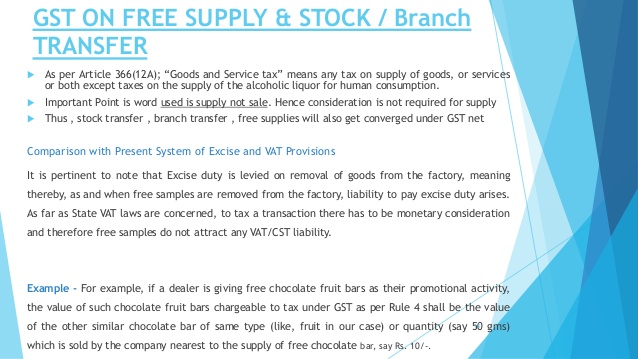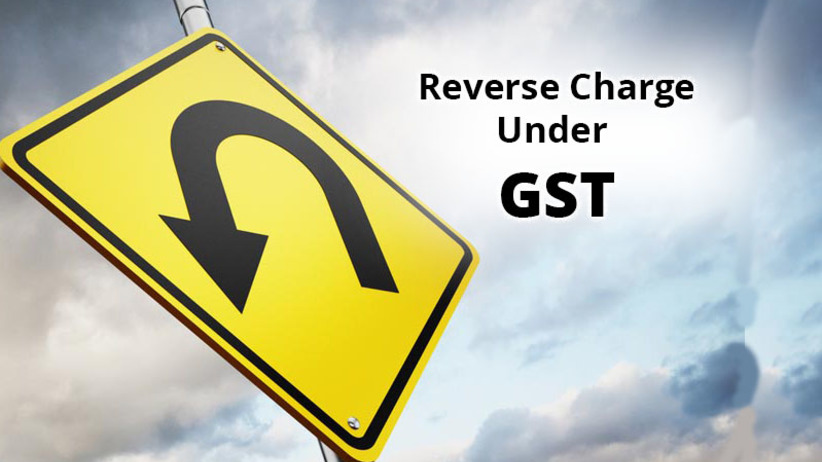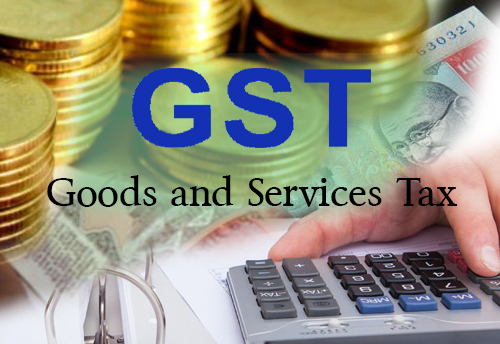Inspection, Search, Seizure & Arrest under GST – An Introduction

Inspection, Search, Seizure & Arrest under GST are undoubtedly those powers assigned to the officers who can make or break it.

To protect the interest of revenue, provisions are made to detect and punish the tax evaders. Section 60 to Section 65 of the Model GST Act prescribes the powers of GST officers to do Inspection, Search and Seizure. To implement these provisions various powers of visit, assess, seize and arrest have been entrusted to the GST Officers. Though these powers are wide, they are plenary and are subject to some restrictions, conditions and obligations.
Power of inspection, search and seizure

- The term ‘search’, in simple language, denotes an action of a government machinery to go, look through or examine carefully a place, area, person, object etc. in order to find something concealed or for the purpose of discovering evidence of a crime. The search of a person or vehicle or premises etc. can only be done under proper and valid authority of law.
- ‘Inspection’ is a softer provision than search to enable officers to access any place of business of a taxable person and also any place of business of a person engaged in transporting goods or who is an owner or an operator of a warehouse or godown.
- Power of inspection, search and seizure is given under Section 60 of the Model GST Act. To initiate the proceedings u/s 60, the Joint Commissioner or superior officer should have reasons to believe that the assessee has done the following:
- suppressed any transaction relating to supply of goods and/or services or the stock of goods in hand,
- has claimed input tax credit in excess of his entitlement under the Act,
- has contravened any of the provisions of this Act or rules made thereunder to evade tax under this Act, or,
- Any person engaged in business of transportation or warehousing has stored the goods or kept the accounts so as to evade taxes.
- In the above cases, he may authorize in writing any other officer of CGST/SGST to:
- Inspect any places of business of the taxable person or the persons engaged in the business of transporting goods or the owner or the operator of warehouse or godown or any other place.
- Search and seize the goods or any documents or books or things which are liable for confiscation and which will be instrumental in the proceedings under this act during the enquiry period.
- The officers have the power to seal or break open the door of any premises or to break open any almirah, box, receptacle in which any goods, accounts, etc. are suspected to be concealed.
- The custodian of the seized documents is entitled to make copies thereof or take extracts therefrom in the presence of an officer of CGST/SGST.
- The officer is bound to issue the notice within 60 days of such seizure and if he fails to do so, then such seized goods are liable to be returned. Such period of 60 days may be extended by the competent authority if sufficient cause exists.
- Officer can dispose of certain notified goods immediately after the seizure, if those goods are of perishable or hazardous nature, or of depreciating value by passage of time or there is constrained for storage.
- The officer who seizes the goods are liable to maintain the inventory of the said goods.
- Provisions of Code of Criminal Procedure, 1973 relating to search and seizure shall be applicable to the GST Act and powers conferred to ‘Magistrate’ under Code of Criminal Procedure, 1973 will be possessed by PrincipalCommissioner or Commissioner of CGST/SGST.
- Section 61 provides for Inspection of goods in movement. The person in charge of a conveyance carrying any consignment of goods of value more than Rs.50,000/- shall carry with him such prescribed documents as may be prescribed for verification.
Powers to arrest, summon and access the business premises

- Power to arrest is given under Section 62. Commissioner is empowered to authorize any CGST/SGST officer to arrest a person, committing certain specified offences such as supply of goods without invoice, collecting but not paying tax etc., wherein the amount of tax evaded exceeds an amount of Rs. 25 lakhs.
- Section 63 provides for Power to summon persons to give evidence and produce documents. Any CGST/SGST officer duly authorized by the competent authority in this behalf, shall have power to summon any person whose attendance is considered necessary either to give evidence or to produce a document or any other thing in any inquiry which such officer is making for any of the purposes of this Act.
- Access to business premises is provided by Section 64. Any CGST/SGST officer so authorized shall have access to any business premises to inspect books of a/c, documents, computers, computer programs, computer software and such other things as he may require and which may be available at such premises, for the purposes of carrying out any audit, scrutiny, verification and checks as may be necessary to safeguard the interest of revenue.
- On demand by the audit officer or CA or CMA nominated by the Dept. for conducting the audit, the person should produce the records related to GST, trial-balance, audited financial reports, IT Reports etc. within 15 working days from the date of demand.
- All officers of Police, Customs and those of State/Central Government engaged in collection of goods and services tax and all officers of State/Central Government engaged in the collection of land revenue, and all village officers are empowered and required to assist the CGST/SGST officers for the purpose of this act.
Comments:
- Powers are wide but not unfettered.
- Reasons to believe is of utmost importance to initiate proceedings and not merely reason to suspect.
- Power to arrest can be only for offences as specified in Section 73(1) and is subject to a capping of the amount of tax evaded.


 Sales Tax For E-Commerce: 3 Things Small Businesses Should Know
Sales Tax For E-Commerce: 3 Things Small Businesses Should Know  What Is The GST Liability on Free Supply of Goods and Services?
What Is The GST Liability on Free Supply of Goods and Services?  Some FAQs about GST- Understanding Scope and Provisions of GST
Some FAQs about GST- Understanding Scope and Provisions of GST  Understanding the Reverse Charge mechanism under GST and IGST?
Understanding the Reverse Charge mechanism under GST and IGST?  Pros and Cons of GST- Is Ushering in of GST worth Celebrating as media wants us to believe?
Pros and Cons of GST- Is Ushering in of GST worth Celebrating as media wants us to believe?  Arrests and Detention Provisions under GST in Detail- Are these justified
Arrests and Detention Provisions under GST in Detail- Are these justified  ITAT Amritsar: No Section 269SS Violation for One-Time Cash Payment Before Sub-Registrar
ITAT Amritsar: No Section 269SS Violation for One-Time Cash Payment Before Sub-Registrar  Tax Officials Unleash Digital Dragnet: How New Raid Powers Redefine Privacy, Property Rights in India and likely to Fuel Corruption
Tax Officials Unleash Digital Dragnet: How New Raid Powers Redefine Privacy, Property Rights in India and likely to Fuel Corruption  Income Tax Department Rewards for Reporting Tax Evasion: A Comprehensive Guide
Income Tax Department Rewards for Reporting Tax Evasion: A Comprehensive Guide  Forfeiture of Gratuity by Employer- What are the Remedies for an employee- Can employer be challenged?
Forfeiture of Gratuity by Employer- What are the Remedies for an employee- Can employer be challenged?